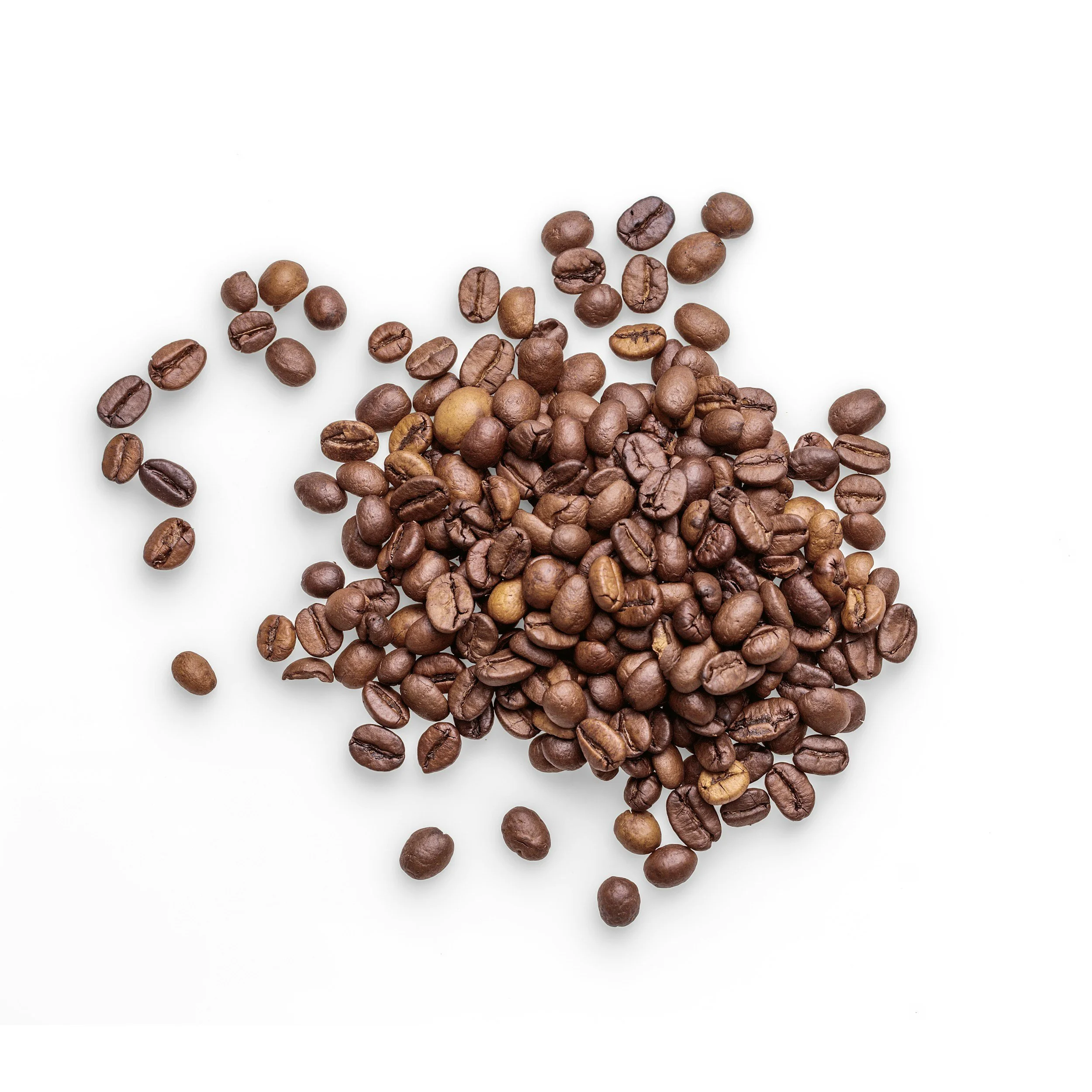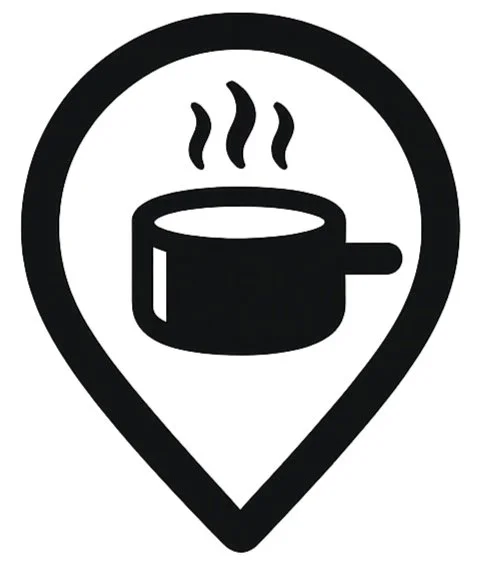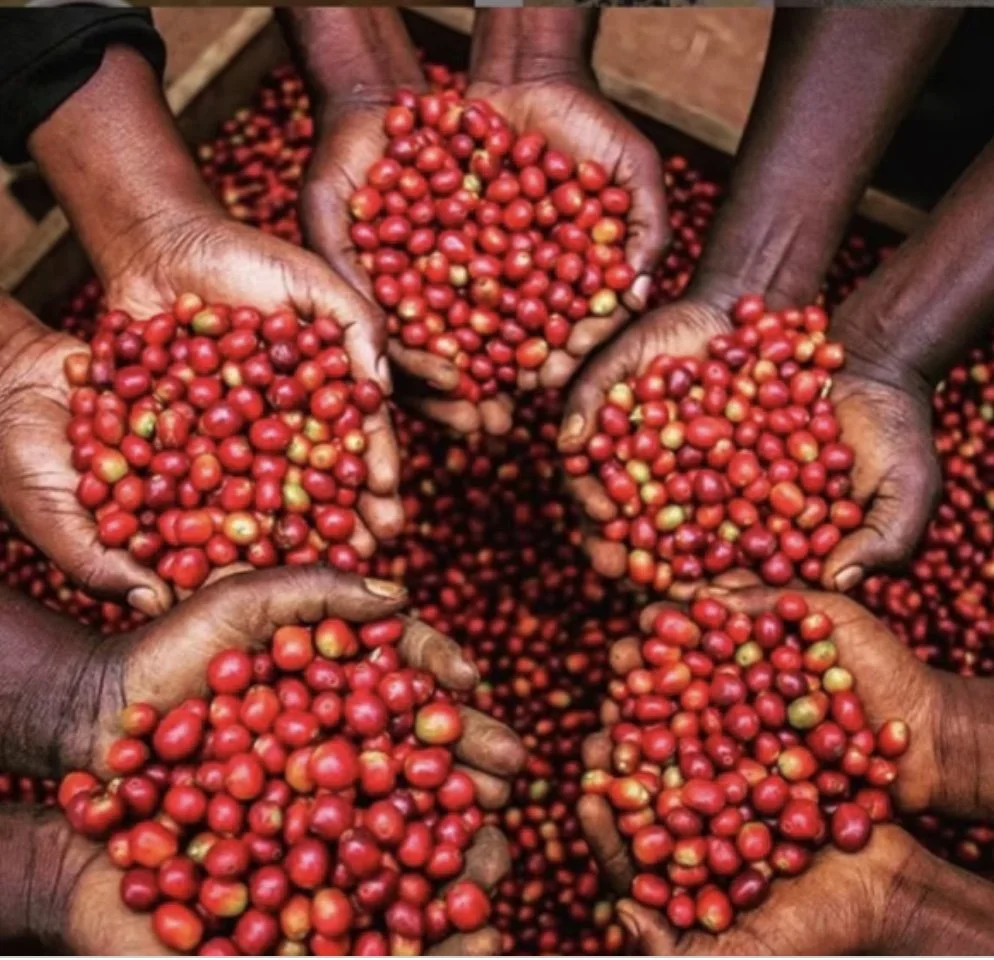
a sublime coffee experience.
Locally Roasted
Hand Blended
Fair Trade
Small Batch
FIne coffees are like fine wines…
We start with ethically sourced, fair trade green beans, harvested with care and prepared using meticulous craftsmanship. Our roasting process stops just at the second crack—never beyond—so you taste the bean, not the roast. The result? Espresso with pure varietal flavor, rich body, and a perfect crema.
— Damian & Julia Serafine
Let us do the brewing
Visit us to enjoy our handcrafted beverages made with only-the-best Serafina whole beans
ASU Law School
111 E Taylor St
Phoenix AZ 85004
Open 7am-2pm M - F
North Phoenix
15414 N 7th st
Phoenix AZ 85022
Open 7am-7pm M - Sat; Sun 8am-2pm
Follow us on social


















